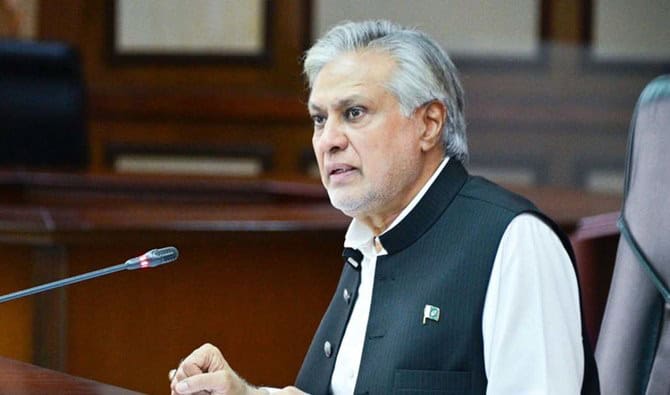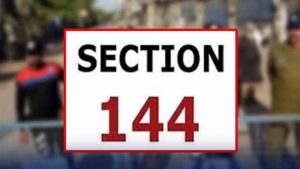Pakistan’s Cabinet Committee on Privatization (CCOP) has approved 24 entities for the Privatization Program 2024-29 and announced that additional state-owned entities (SOEs) may be included after a review of their categorization as strategic or essential enterprises.
This decision comes as Pakistan faces challenges such as low foreign exchange reserves, currency devaluation, and high inflation. The country recently reached a staff-level agreement with the International Monetary Fund (IMF) for a new $7 billion loan.
Under the previous $3 billion bailout package from the IMF, which was crucial in preventing a sovereign debt default last year, the IMF emphasized the need for stronger governance of SOEs whose losses were significantly impacting government finances.
On Friday, officials presented a five-year, phased privatization program to the CCOP, which considered 84 SOEs for privatization based on policy guidelines. According to the state-run APP news agency, “The CCOP recommended that priority should be given to reducing the federal footprint in commercial space and limiting it to strategic and essential SOEs only.” The committee also noted that even profit-making SOEs could be considered for privatization.
One of the key entities in the privatization push is the national flag carrier, Pakistan International Airlines (PIA), with the government offering a stake ranging from 51 percent to 100 percent. The CCOP decided that entities not classified as “strategic” or “essential” would be presented for a decision regarding their inclusion in the privatization program.
In his concluding remarks, Deputy Prime Minister Ishaq Dar reaffirmed the government’s commitment to implementing the privatization program with “transparency, efficiency, and a whole-of-government approach.” He emphasized the importance of support and cooperation from all stakeholders in the process.













